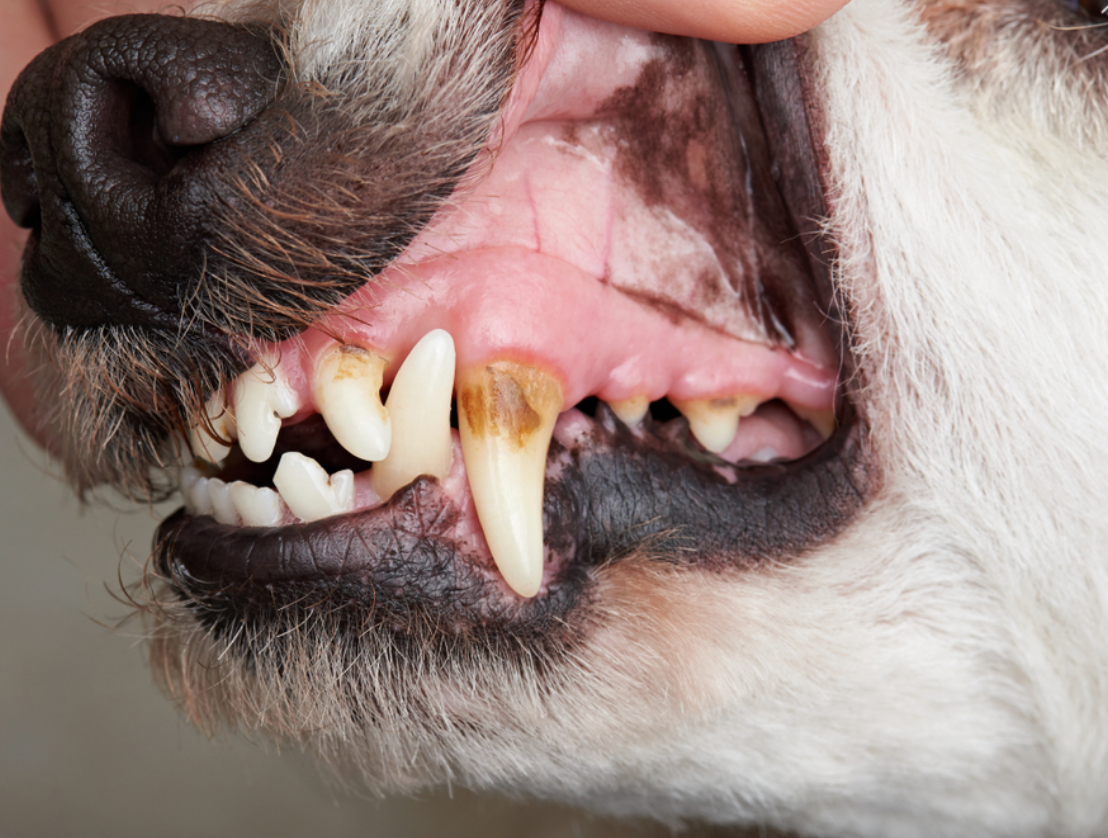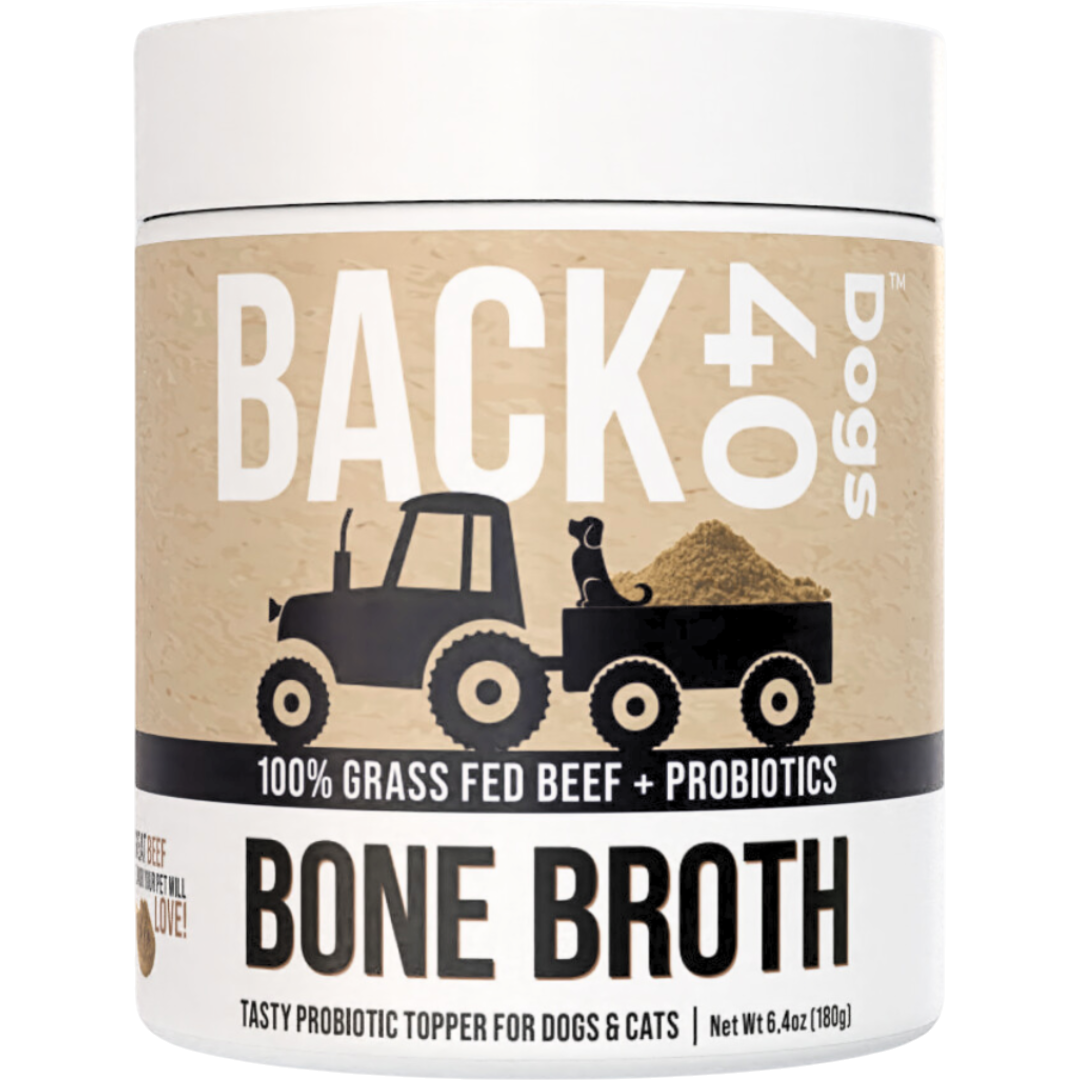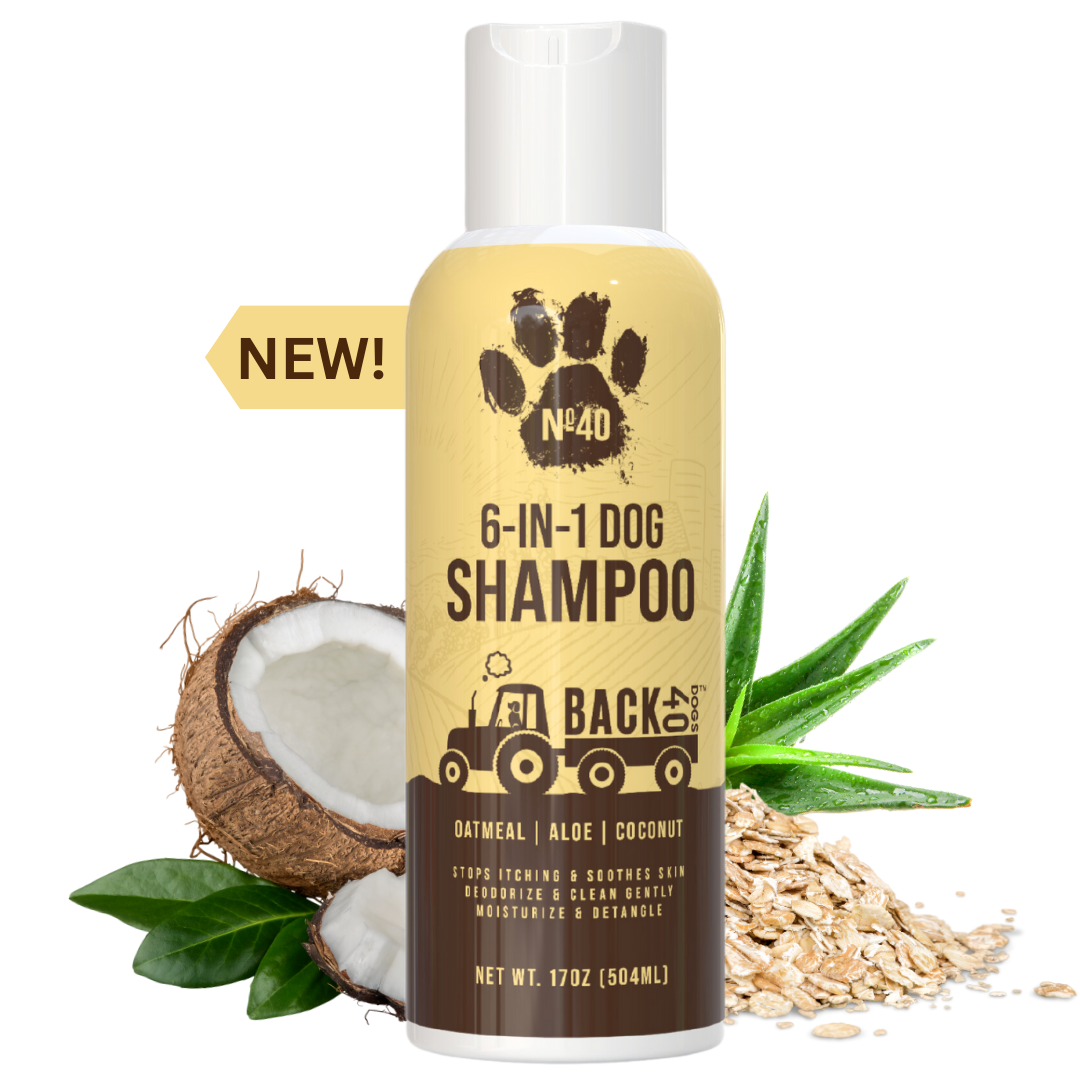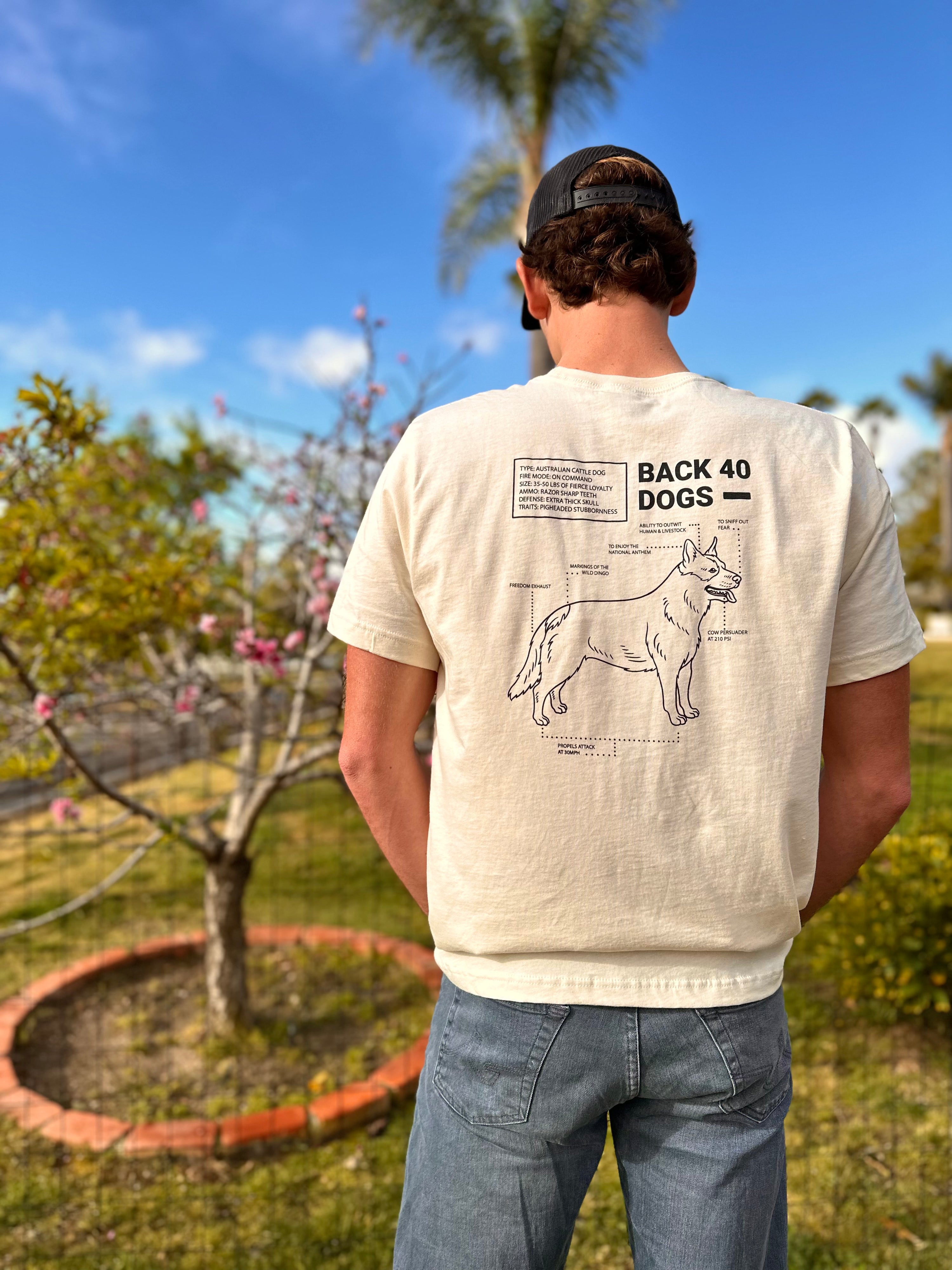

· By BACK 40 Dogs
5 Essential Dental Care Tips for Your Fur Baby: Keeping Your Pup's Teeth Healthy and Happy
Dogs are not just pets but also companions that bring joy and happiness to our lives. As dog owners, it is our responsibility to ensure that our furry friends are healthy and happy. One important aspect of a dog's overall health is dental hygiene.
Many dog owners often overlook their dog's dental health, but it is essential to understand that maintaining healthy teeth and gums is just as important for dogs as it is for humans. In this blog post, we will discuss the importance of maintaining healthy teeth for your dog and tips on how to achieve it.

Why Is Dog Dental Health Important?
Dental hygiene is an essential component of your dog's overall health. Poor dental health can lead to a variety of health problems, including periodontal disease, gingivitis, and bad breath. It can also lead to infections that can spread to other parts of the body, including the heart, liver, and kidneys, causing serious health issues.
Furthermore, if your dog's teeth are in pain or sensitive, it can cause them to lose their appetite or be hesitant to eat, leading to malnutrition. Periodontal disease is one of the most common dental issues that dogs face. It occurs when bacteria build up on the teeth, leading to plaque and tartar buildup. This buildup can cause inflammation of the gums, which can lead to gingivitis. If left untreated, it can progress to periodontal disease, which can cause tooth loss and bone loss in the jaw.
Periodontal disease can be painful for dogs and may lead to difficulty eating, decreased energy, and behavior changes.
Tips for Maintaining Your Dog's Dental Health
Regular Brushing:
Just like humans, dogs need their teeth brushed regularly to remove plaque and tartar buildup. Use a dog toothbrush and toothpaste, as human toothpaste can be harmful to dogs. You can start brushing your dog's teeth when they are young to get them used to the process. Brush your dog's teeth at least twice a week, or ideally, every day.
Provide Dental Chews and Toys:
Dental chews and toys can help remove plaque and tartar buildup while also keeping your dog entertained. Look for dental chews that are specifically designed to promote dental health and avoid chews that are too hard, as they can damage your dog's teeth.
Regular Checkups:
Regular dental checkups with your veterinarian can help identify dental issues before they become serious. Your veterinarian can perform a dental exam, clean your dog's teeth, and provide advice on how to maintain your dog's dental health. They may also recommend professional dental cleanings if necessary.
Healthy Diet:
A healthy diet can also play a role in maintaining your dog's dental health. Crunchy foods like carrots and apples can also help clean your dog's teeth and promote healthy gums.
Supplements:
There are clinical trials on the unique enzymes in kelp and how it can reduce plaque and tartar build up on your dog's teeth. You may seen results in just a couple weeks, but studies show the greatest benefits after 90 days of consistent feeding. Our Kelp supplement has been proven to help our client's dogs teeth by just adding a little to their food everyday and not to mention the array of other benefits it offers as well!

(Before & After BACK 40 Dog's Kelp Supplement)
In conclusion, maintaining healthy teeth and gums is essential for your dog's overall health and well-being. Poor dental health can lead to a variety of health issues, including periodontal disease, gingivitis, and bad breath. By following the tips above, you can help keep your dog's teeth clean and healthy, ensuring that they live a happy and healthy life. Remember to always consult your veterinarian if you notice any issues with your dog's dental health or behavior.





